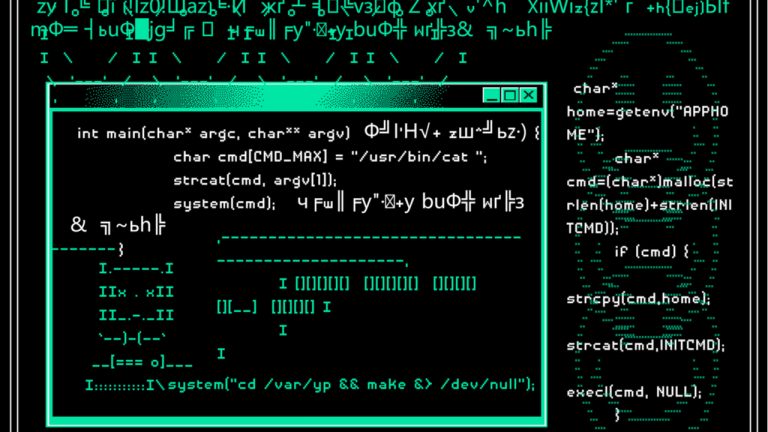
Bitcoin stealing malware: Bitter reminder for crypto users to stay vigilant
A Bitcoin user was tricked into sending 0.255 Bitcoin to the wrong address due to malware running on their computer. An unfortunate Bitcoin (BTC) user was duped out of 0.255 BTC, almost $10,000, due to malware running on their computer. Louis Nel, a tech blogger and crypto enthusiast, flagged the issue on Twitter, referring to his friend as ‘C.’A friend sent 0.255BTC from his bitcoin wallet to an exchange. He copied and pasted the wallet address on his computer. After 4 hours he was worried when the funds did not arrive at the exchange...— Louis Nel (@LouisNel) March 14, 2022 Nel....
Related News
A trojan called CoinThief is stealing tens of thousands of dollars worth of BTC from unsuspecting Mac users. Contrary to popular belief, Macs do in fact get viruses. It's just that 91% of the world uses Windows while only 7% of the world uses OSX (The remaining percentage uses Linux). As such, virus makers have more incentive to create malware for Windows, because it simply makes sense to target the majority of computer users. This is generally great news for Mac users, since they remain virtually virus free. However, it can make them pretty complacent about security, and when a Mac virus....
The recent hacking and defacing of the blog and Twitter account of Mt. Gox CEO Mark Karpeles, and the leaking of a 716 Mb archive file that allegedly contained trade data, database dumps, personal information about Karpeles, and an app for remotely accessing Mt. Gox data, has apparently been a clever ruse to make users download Bitcoin-stealing malware. According to Kaspersky Lab expert Sergey Lozhkin, the file does contain (publicly available) data related to Mt. Gox trades, but also a Windows and a Mac Trojan.
New infected Rubygems packages have been spotted in its open-source software repository and which contained malicious code mainly used to steal cryptocurrencies from users via supply chain attack. Two Cryptocurrency-Stealers Rubygems Detected by Researchers at Sonatype According to Ax Sharma, a security researcher at Sonatype, the two gems detected — pretty_color and ruby-bitcoin — had malware that deployed the attack on Windows machines and replaced any bitcoin (BTC), ethereum (ETH), or monero (XMR) wallet addresses found on the victim’s clipboard by the attackers’....
Computer security firm Dell SecureWorks has managed to identify 146 types of bitcoin malware in the wild. The company's researchers found the distinct breeds of malware had been specifically designed to steal bitcoins - a number of them presenting quite a danger to owners with coins stored either online or on their computers. The firm concluded that the number of Windows-compatible cryptocurrency stealing malware (CCSM) strains has gone up in line with bitcoin's increase in value. The total of 146 strains is up from 45 a year ago, and 13 two years ago, the researchers say. The biggest....
Chainalysis warned that even “low-skilled cybercriminals” are using malware to swipe funds from crypto hodlers. Cryptojacking accounted for 73% of the total value received by malware related addresses between 2017 and 2021, according to a new malware report from blockchain analysis firm Chainalysis.Malware is used to conduct nefarious activity on a victim’s device such as a smartphone or PC after being downloaded without the victim’s knowledge. Malware-powered crime can be anything from information-stealing to denial-of-service (DDoS) attacks or ad fraud on a grand scale. The report....





